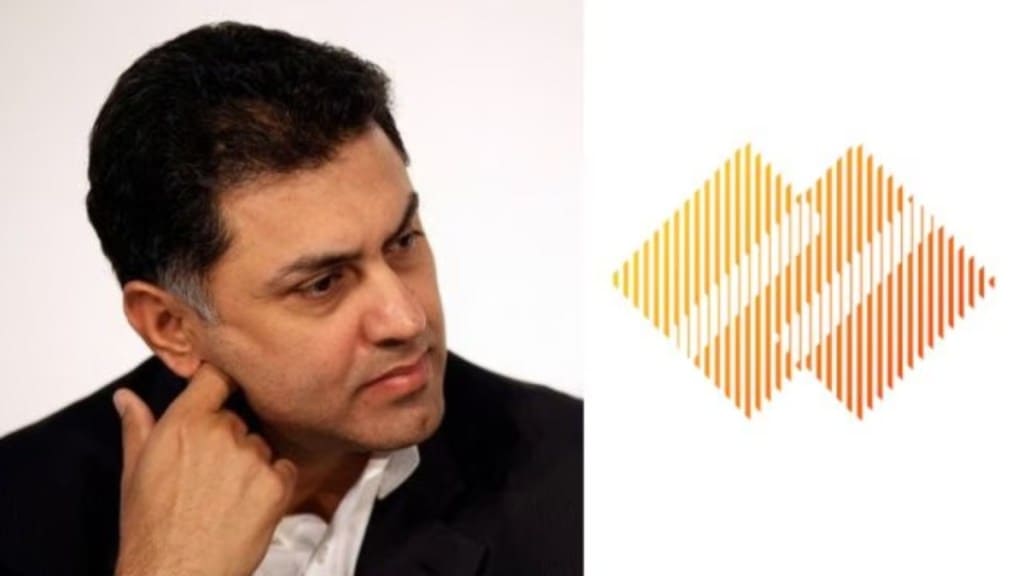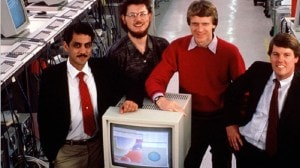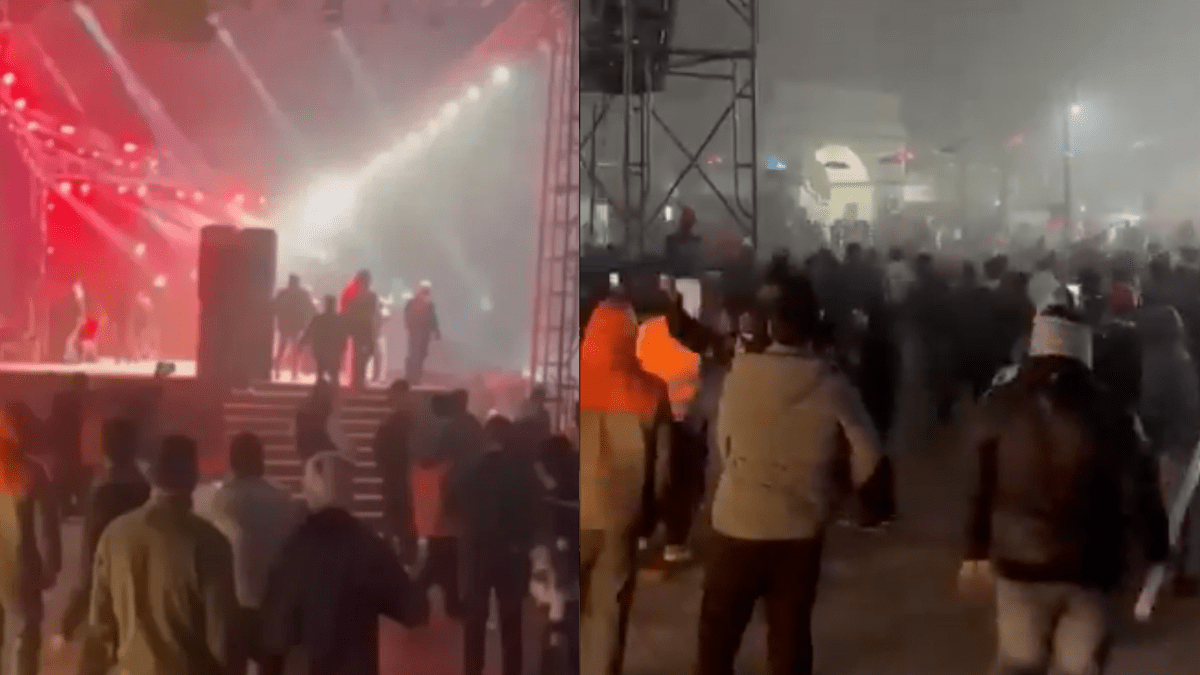Nikesh Arora, CEO of the cybersecurity firm Palo Alto Networks Inc., has revealed his extraordinary journey from facing over 400 job rejections to leading a $130 billion company. In an interview with Human of Bombay, Arora opened up about his struggles in the early days and how he transitioned from facing 400 rejections at a time to commanding Palo Alto Networks.
Growing up in a household shaped by his father’s career in the Indian Air Force, Arora’s early life instilled in him a crucial trait, “Scarcity encourages you to be resourceful. It allows you to do a lot more with a lot less.” This principle, coupled with frequent relocations, fostered a greater degree of adaptability, as he noted, “Growing up, we kind of moved around every few years. That brings a degree of adaptability to your life.”
After completing his engineering degree at Banaras Hindu University (BHU), Arora set his sights on US business schools, armed with just $100. He secured a scholarship to Northeastern University in Massachusetts, US, but the path to post-graduation was anything but smooth. “I sent 400-plus applications and got rejected 400-plus times. I saved all the rejection letters. They’re my motivation,” Arora candidly shared.
He also spoke about his initial struggles, saying, “I was scraping around, teaching nights, doing all kinds of fun stuff just to survive.” His breakthrough arrived in 1992 with a pivotal role at Fidelity Investments. This marked the beginning of a stellar career that would later see him join Google in 2004, where he played a significant role in the company’s revenue growth.
Following his tenure at Google, Arora ventured to SoftBank, an experience that offered unique lessons. “Masa is someone whose risk appetite increases with age—that’s rare,” Arora observed about SoftBank’s founder, Masayoshi Son. However, differing long-term visions led to his departure. “Masa had a 10-year life plan and was supposed to step back at 60. But when the time came, he wasn’t ready. I wasn’t in a place to wait another 10 years,” he explained.
Arora’s Palo Alto chapter begins
After a brief sabbatical, Arora found his next challenge at Palo Alto Networks. He recognised cybersecurity as a burgeoning market, stating, “Cybersecurity is a growing market. The more we rely on technology, the more our attack surface expands.” His strategic vision for the company is clear: “If we can’t build it, we’ll partner or buy.”
Reflecting on his early rejections, Arora philosophized, “Nobody likes rejection… But part of growing up in India is believing in destiny. It helps you rationalise failure. ‘Everything happens for a reason.’”
Looking ahead to the future of AI, Arora poses a crucial question: “Where will the true value of AI lie? You’ll be able to rent powerful models eventually, but differentiation will come from localised data and domain knowledge – our languages, our traffic, our culture. For instance, self-driving cars trained in the US would be stuck in India. That’s where Indian companies can shine—adapting global AI to the Indian context.”
He concluded with an optimistic outlook for Indian innovation, “You don’t have to be first; you have to be smart. And I think there are enough smart people in India who will figure out how to make AI work locally.” Arora’s journey underscores the power of resilience and strategic foresight in navigating the dynamic world of technology.







